Book 4: Chapter 2- Life on Ogygia
Pharmakeia studies and daily chores were often one-in-the-same on Ogygia. Each morning after breakfast, Calypso went to tend the garden. Aunt Hecate had taught her which plants grew best in the garden and which were best harvested wild as well as the culinary, medicinal, and magical uses of each.
Ogygia was a steep, rocky island with sandy soil and little grew there naturally besides wild olive trees, pines, and prickly shrubs. Calypso sang spells and hymns to the Earth Mother and the Goddess of Grain so that whatever plant she desired would grow for her. Then, she would sing to the Sky Father, so he would send a rain cloud to water her garden. Mítir would charm delicious looking lettuce so that it would appear as poisonous foxglove to the wild goats and sheep who would try to eat it. Other times, a dog would be conjured from the mist to frighten them away.

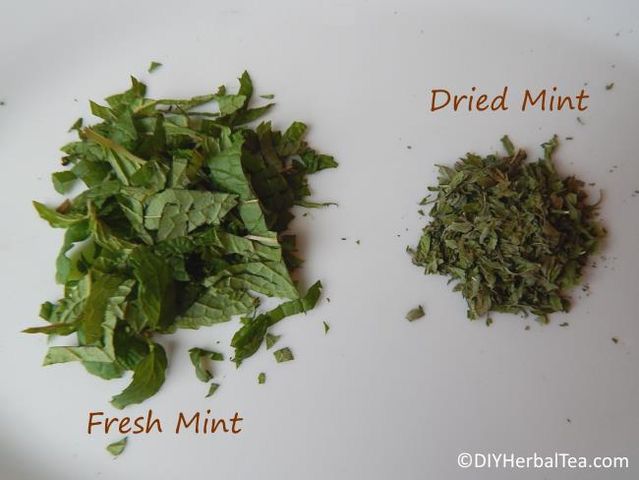

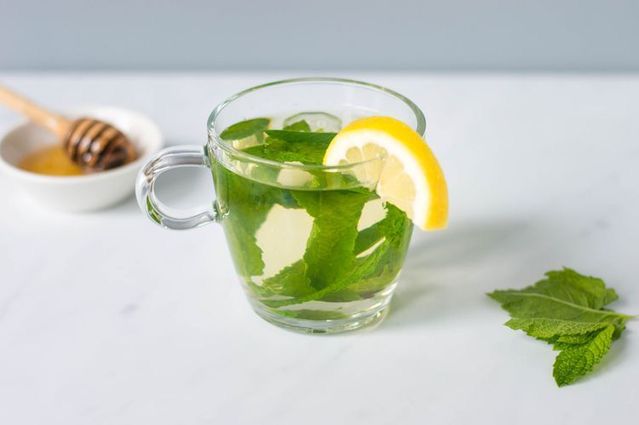
Aunt Hecate sent Calypso to gather some mint one morning a couple of days after the storm. She complained of an upset stomach and headaches which mint tea would treat. Dried mint also kept away flies and mosquitoes as well as bad smells and evil spirits.
"You damned fool," she heard Hecate shout at her mother as she stood at the door of the cave. "You've put all three of us in danger."
"Storms are common this time of year," Circe replied. "They won't suspect anything."
"Survivors have been washing up on nearby islands. The Athenians will search every one of them until they find their precious princess. How long until they come here?"
"The wretched girl is probably sleeping at the bottom of the Aegean, her bones turning to coral and her eyes turning to pearls..."
"Princess Annabeth is an innocent child, as dear to her poor parents as Calypso is to us."
"She was sired by a tyrant and whelped by a harpy, she could never be innocent."
"Aunt Hecate!" Calypso interrupted. "I have the mint for your tea."
"Thank you, Calypso," Hecate replied, "You're such a good girl."
Calypso poured some water that was boiling in a pot on the fire into a cup and put in some mint leaves to soak.
"There are mice in the cave," Circe added, seemingly at random.
She conjured up a grey spotted Egyptian mau with green eyes. The cat dashed off to take care of the vermin problem.
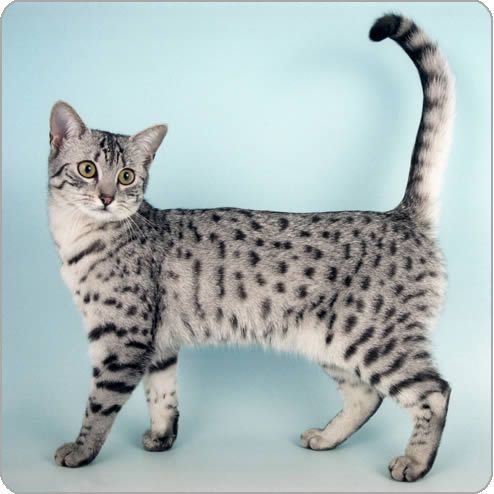
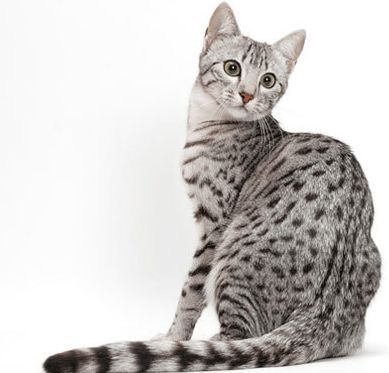
Leo was hidden away inside a series of a caves in a remote part of the island. A steep, narrow passageway descended down to caves. Drops of water fell from limestone stalactites; "cave kisses," Calypso liked to call them.
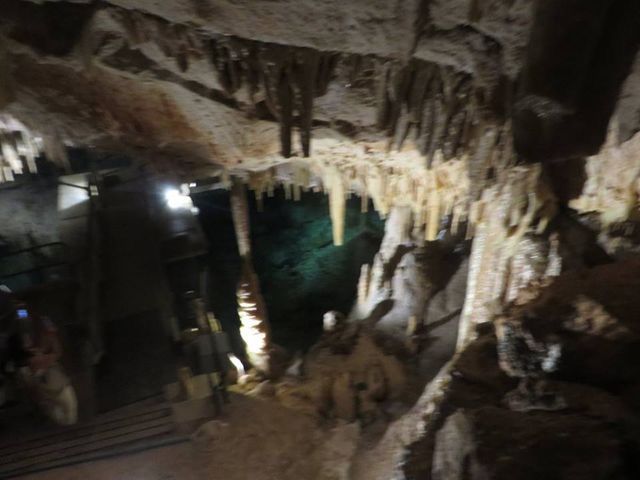
At the bottom of the passageway was a narrow rock shelf along a wide, crystal-clear underground lagoon.
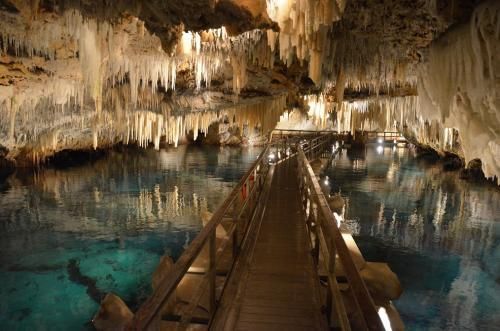
Heavy limestone stalactites hung from the cave ceiling as far as the eye could see, forming different shapes.
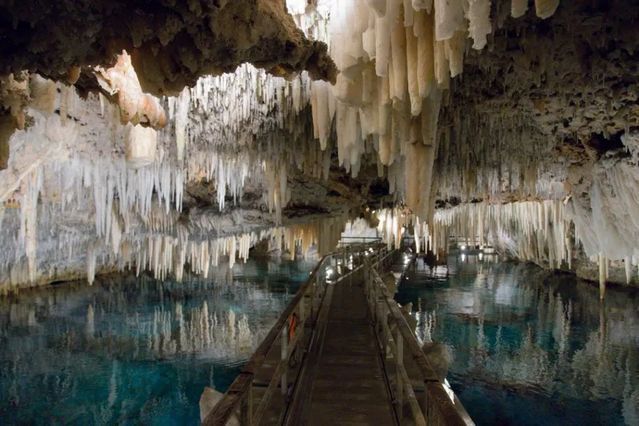
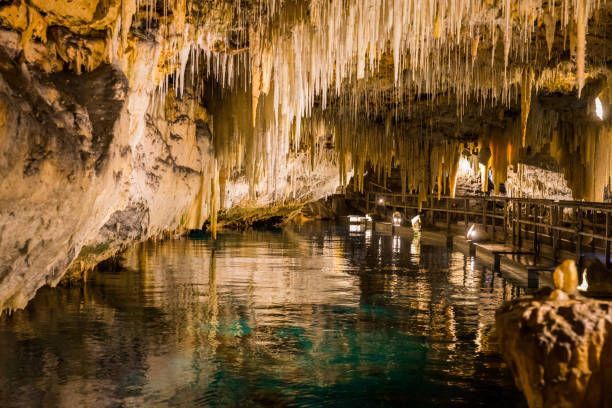
Leo told Calypso that one of the stalactite formations resembled a sleeping dragon: he called it Festus.
A natural stone arch provided and exit from the cave and let in some light.
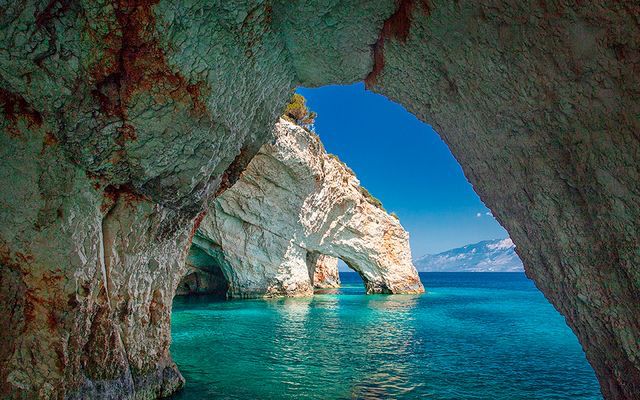
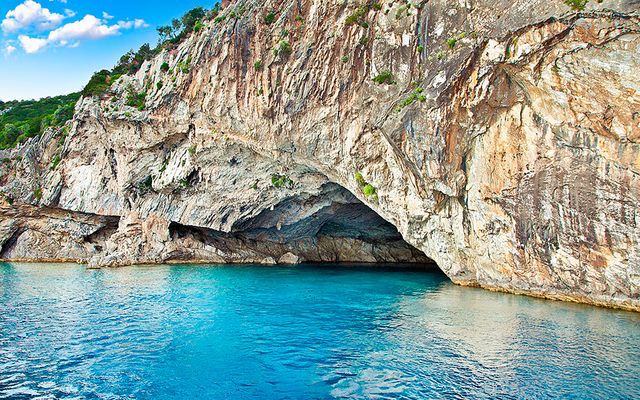
"I can hide my raft down here," Leo announced when Calypso showed him the cave. "And sail it out of that arch."
Each afternoon when she had finished her chores, Calypso went to help Leo gather wood to build his raft. Circe usually spent the afternoon weaving and Hecate spent it studying her books or at her scrying bowl, so Calypso knew it would be safe for Leo to leave the cave then.
For a scrawny looking young man, Leo was surprisingly strong. Still, Calypso could not bare the idea of him tiring himself out, so she helped him carry wood onto the beach.
They constructed the floor of the raft using the trunks of the pine trees which were felled by lightning. Calypso borrowed the ax her mother kept in the cave with the excuse that she was going to gather firewood. The ax stripped off the branches and cut the trunks into smaller logs. Lines of rope were woven through the logs to bind them together.
"My father died when I was little," Leo told Calypso as they worked, "When I was old enough, my mother apprenticed me to a blacksmith. My master died last year and left me his forge."
He told her about his mother, Esmeralda, and his sister, Nyssa, who were midwives. Some of his earliest memories involved toddling alongside his mother as she went to visit her patients. His father had been a stone mason who had been crushed to death when a stele he was erecting fell on him.
He also told her about his friends Frank and Hazel, who were to be married. Frank was a guard at the palace and would provide a good life for Hazel and whatever children they might have. The way Leo spoke about Hazel: her sweet, soft laugh, the way her large golden-brown eyes looked up shyly at everyone, her dimpled smile, the delicious goat cheese she made, and her skill at pottery, gave Calypso the impression that was in love with her himself and jealous of Frank. Calypso decided that she would bring Leo some of her own goat cheese the next day.
Did Leo think she was as beautiful as Hazel? He must have seen plenty of lovely women in Athens. What if she didn't measure up to them?
"And then I signed on to be the blacksmith on board the Hermione, the ship taking Princess Annabeth to her wedding. The ship got caught in a storm and wrecked and that's how I ended up here."
Calypso recalled the conversation between her mother and aunt she had overheard. Hecate accused Circe of conjuring up the storm which which wrecked the Hermione in order to kill Princess Annabeth of Athens. Circe often spoke of her hatred for Athens, especially its king and queen, and of her desire for revenge. Calypso's grandfather, Helios, had been an Athenian lord who was unscrupulous and perpetually short of money. He even sold his daughter, Circe, to a brothel in order to finance his bid for political office, which was unsuccessful and betrayed the city of Athens by supporting the Tyrant Kronos of Macedonia against King Frederick.
"Frederick Chase is hardly any better than Kronos was," Circe always sniffed whenever she told the story.
Helios and his sons were killed during the war and his wife, Perse, committed suicide, leaving Circe as the only member of her family left to stand punishment for her father's treason. King Frederick condemned her to stay in the brothel, to be ravished repeatedly by the scum of the polis, and called it mercy. Circe escaped and fled from Athens to Ogygia. She was pregnant when she left and gave birth to Calypso six months later.
"If you were boy," she often told Calypso with her dark, wry style of humor , "I would have straggled you."
"Ogygia is beautiful," Leo said when Calypso finished telling her story, "But have you ever wanted to leave it? See more of the world?"
"I didn't until you came along," Calypso answered, "But now I want to go Athens, meet you friends and family, and see all the places you've told me about."
"Then why don't you?"
"My mother and my aunt."
"If Ogygia is as close to Athens as you say, you can always come back."
"I would love to but I can't."
Calypso clutched the string of seashell beads around her neck. Her mother had gathered the shells and made the necklace for her when she was a little girl.
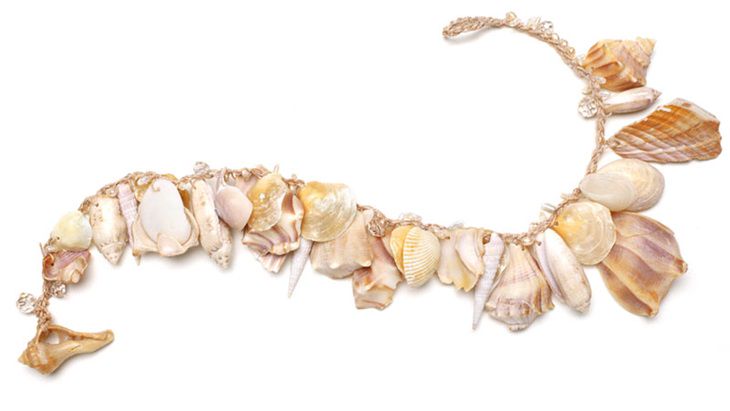
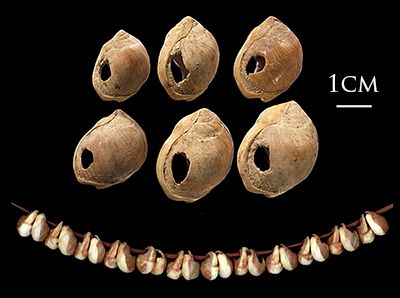
"This necklace will protect you, Calypso," she recalled Mítir telling her when she placed it around her neck, "It will keep you from straying too far from home."
Sometimes, when Calypso went for a swim, she would try to swim out past the rocks at the mouth of the harbor. The currents which swirled through those rocks were too strong for her and a riptide kept her from swimming out too far.
Calypso imagined that if she tried to leave Ogygia, whatever smell Mítir had put on the necklace would prevent her.
"You better finish up with this raft before my mother finds out you're here," She told Leo. "She doesn't like having outsiders on her island, especially if they're men from Athens."
"No offense," Leo retorted. "But your mother sounds like a real witch."
"You have no idea."
One of Mítir's rules stated that Calypso had to be back at the cave by sundown. Calypso found Circe sitting by the fire, spinning raw wool fiber from the wild sheep which grazed Ogygia's hills into a fine, silken thread for the pale gold cloth she was weaving,
"I overheard you talk to Aunt Hecate," Calypso confronted her. "Did you cause that storm? Are you behind that shipwreck? Instead of casting a spell to keep us safe, you put all those people in danger? How could you be so cruel?"
Circe put down her spinning and stood up. She was a tall woman and had about a half-foot on Calypso.
"My poor child," she sighed. "There are things you could not possibly understand. I've kept you safe here your whole life. You have no idea how cruel that world can be."
Circe walked out of the cave to go gather some camomile for her evening tea. Hecate walked in after her, with a jug of goat milk.
"Did you know that Mítir was behind the storm?" Calypso asked her.
"Your mother is sly and stubborn," Hecate explained. "When I realized what she was doing, it was too late. Once a spell is cast, it can't be undone. All you can do is try and mitigate the consequences."
Hecate's expression was tranquil and unreadable with a mischievous twinkle in her eye: the look of a wise and enigmatic goddess whose ways are beyond the capability of mortals to understand.
"Don't worry my love," she continued. "When I found out what your mother was up to, I cast a spell to make sure everyone on board that ship made it to safety."
Calypso breathed a sigh of relief.
"Is that true?" She asked.
"Like a said: all you can do is try and mitigate the consequences."
Once Circe and Hecate were asleep, Calypso snuck out with leftover bread and goat cheese from dinner to bring to Leo. The fingernail moon which lit her way had thickened to a crescent shape. It cast yellowish rays of light on the choppy, ink-black sea.
The quiet of the night was disturbed by an eerie, high-pitched shriek. An owl swept past Calypso down towards the beach. Calypso followed the bird to one of the tidal pools which formed among Ogygia's white limestone formations.
The owl perched on top of the tallest rock ledge and let out another shriek, as if calling to Calypso.
"Good evening, Pretty Bird," Calypso replied.
With a graceful dive, the owl flew into one of the moon-lit tide pools. A few moments later, a pale face framed by golden hair bobbed up to the surface. Glauce emerged from the water and seated herself on a rock ledge like a mermaid.
Calypso recalled how the survivors of the shipwreck were washing up on near by islands, Leo among them. She figured that this was how Glauce came to Ogygia. Glauce had said that all she could remember was a ship, a storm, and an island and that she was supposed to go to Thessaloniki, where Leo said the ship he was on was destined.
"Good evening, mistress," Glauce greeted her with a placid expression on her face.
"My name's Calypso," Calypso replied. "You said you ended up here because of a shipwreck. Well, my friend Leo may have been onboard the same ship. He might be able to tell you who you are."
"Does Leo have green eyes?"
"No, he has brown eyes."
"I remember a boy with green eyes. I was on a ship that was bringing me to him in Thessaloniki and the ship was caught in a storm, and I ended up here."
"And how did you become an owl?"
"There was an old woman with a crooked nose..."
Aunt Hecate, Calypso thought
"...the sea tossed me here, into this pool. The old woman poured this liquid into the water. It had a silver glow to it, like moonlight."
Moonlace. Potions with moonlace in them always had a silvery glow. Moonlace was harvested at the start of a new lunar cycle and spells involving them became permanent at the start of the next one. If this spell was not broken by the next new moon, Glauce would be an owl forever.
Aunt Hecate, what have you done?
"I know someone who can help you and when Leo finishes his raft he can bring you back to the mainland."
Calypso expected Glauce's face to register joy or relief but it still wore its usual blank, dazed look.
She cursed her mother and her aunt for causing so much trouble and swore that she would do what ever she could to help Leo and Glauce (or whoever she was).
Bạn đang đọc truyện trên: AzTruyen.Top